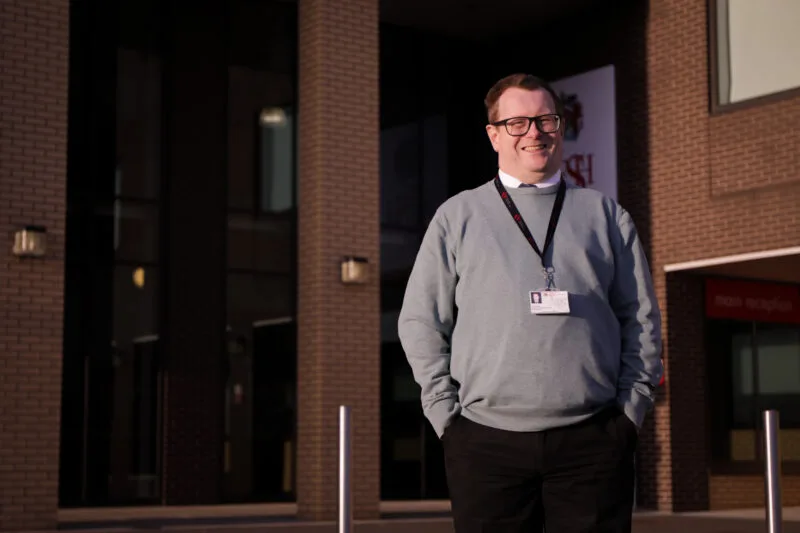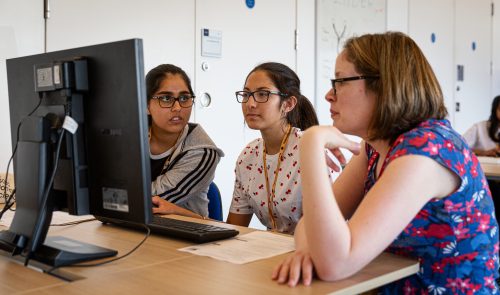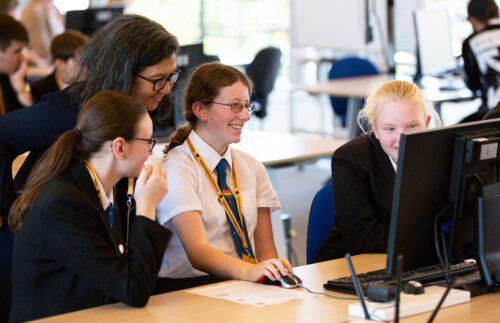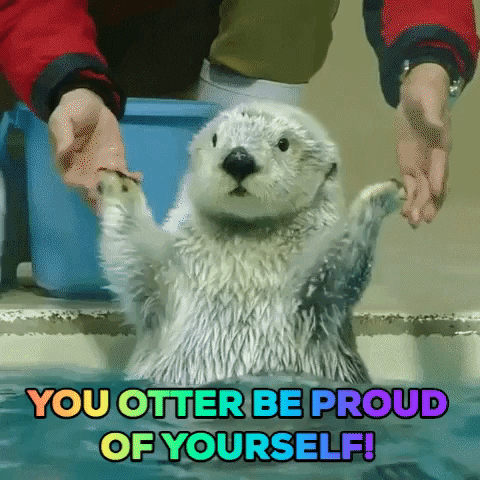Schlagwort: GCSE
-

I belong in computer science
Reading Time: 6 minutesAt the Raspberry Pi Foundation, we believe everyone belongs in computer science, and that it is a much more varied field than is commonly assumed. One of the ways we want to promote inclusivity and highlight the variety of skills and interests needed in computer science is through our ‘I belong’ campaign.…
-

Expanding our free Isaac Computer Science platform with new GCSE content
Reading Time: 4 minutesWe are delighted to announce that we’re expanding our free Isaac Computer Science online learning platform in response to overwhelming demand from teachers and students for us to cover GCSE content. Thanks to our contract with England’s Department for Education which is funding our work as part of the National Centre for…
-

It’s GCSE results day!
Reading Time: 6 minutesToday is GCSE results day, and with it comes the usual amount of excitement and trepidation as thousands of young people in the UK find out whether they got the grades they wanted. So here’s a massive CONGRATULATIONS from everyone at the Raspberry Pi Foundation to all the students out there who…



